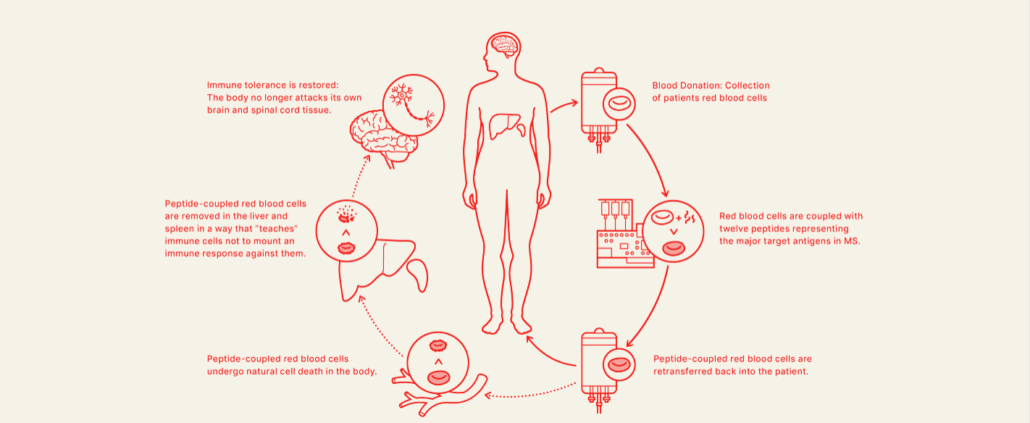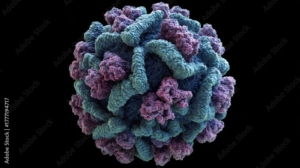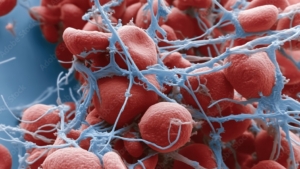
Neogap Therapeutics AB partners with Cellerys AG
Swedish AI specialist Neogap Therapeutics AB will secect antigens for Cellerys AG, which wants to establish immune tolerance in a Phase II MS trial.
Stockholm based Neogap Therapeutics AB has partnered with Zurich-based Cellerys AG to provide its EpiTCer® platform within Celleris upcoming Phase II study that is aimed at inducing antigen-specific immune tolerance in patients with multiple sclerosis (MS). EpiTCer® technology will be used to detect rare autoreactive T cells in the patients, using them as biomarkers to study if and when patients develop tolerance.
The EpiTCer® technology has been developed by associate Professor Hans Grönlund at Karolinska Institute in Stockholm, who founded and now is CSO of Neogap. EpiTCer® beads detected four novel T cell autoantigens in multiple sclerosis that induced gamma-interferon responses in MS models: fatty acid-binding protein 7, prokineticin-2, reticulon-3, and synaptosomal-associated protein 91.
Generally, EpiTCer® is a method used to present antigens to T cells that recognise and target selected target proteins. In this technique, tiny beads are used to attach antigens involved in autoimmune diseases. The EpiTCer® beads are ideal targets for phagocytosis by antigen-presenting cells (APCs) such as macrophages or dendritic cells. The APCs efficiently present the antigen on their surface and activate T cells that recognise them. In the context of Cellerys’ multi-centre Phase II trial, they will be used to monitor (detect and count) rare autoreactive T cells before and after tolerisation.
Cellerys’ therapy RED4MS fights MS by making use of combining the tolerance signal of dying erythrocytes with MS target antigens. Specifically, autologous red blood cells are coupled ex vivo with twelve peptides representing the major target antigens in MS. After reinfusion, the coupled blood cells undergo natural cell death in the body and are presented to the immune system in a tolerogenic manner in the liver and spleen. Immune tolerance is restored by correcting the misguided autoimmune response and preventing the body from attacking its own brain and spinal cord tissue. This process does not affect the normal protective immune functions and works in animal models.


 stock.adobe.photo.com/Popelniushka
stock.adobe.photo.com/Popelniushka  Boehringer Ingelheim
Boehringer Ingelheim Adobe stock photos - nadia
Adobe stock photos - nadia